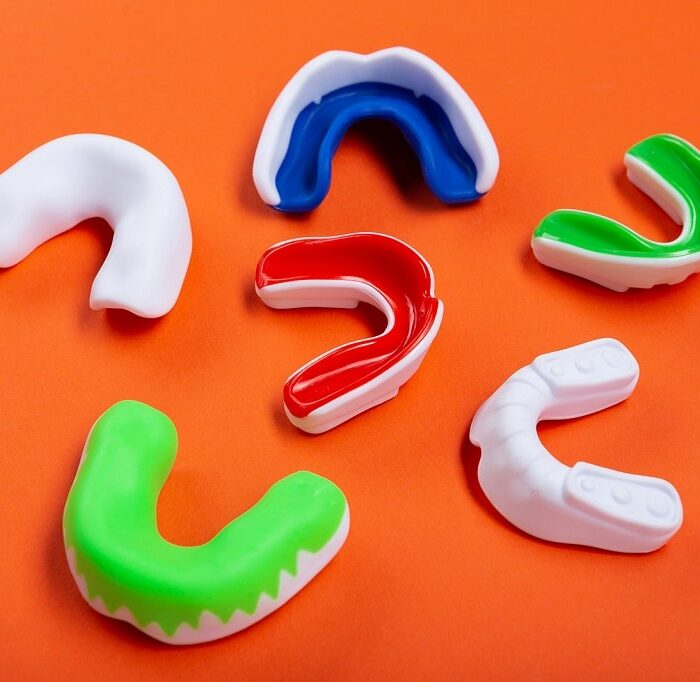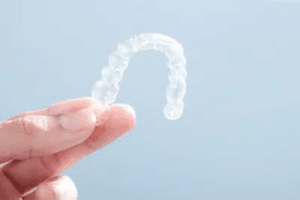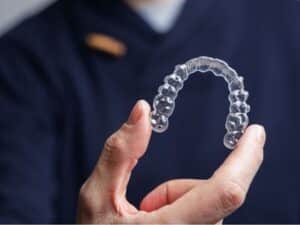In Allentown, PA, maintaining oral health is a top priority, and the importance of mouthguards extends beyond the sports arena. While many athletes in our community rely on mouthguards to safeguard their teeth during contact sports, it’s crucial to remember that the benefits of these protective devices aren’t limited to athletic endeavours alone. Visiting an orthodontist in Allentown, PA, can be a wise decision for those seeking specialised care and advice on mouthguards. Orthodontists are experts in dental alignment and can provide tailored guidance on the appropriate use of mouthguards for various purposes.
The Importance of Mouthguards
If you have a high school athlete, wearing a mouthguard should be considered an essential part of their uniform. Even sports that aren’t rated as “contact sports” can cause mouth damage. Ask the second-base player who caught a grounder with their face and lost two front teeth. A mouthguard could have prevented that. Players benefit from wearing mouthguards in tennis, volleyball, and virtually every sport. Except maybe chess players, they could probably skip the mouthguard in chess — unless they’re a grinder.
Now you’re wondering, “What is a grinder?” Bruxism, or tooth grinding, is a common problem. It is often related to stress, but not always. Night grinding is more common than daytime grinding, but both have lasting results. Tooth grinding can eventually wear down the teeth, expose nerves and cause intense pain. If you are a grinder, you should talk to your dentist or orthodontist about the benefits of wearing a mouth guard. We will begin the conversation by talking about night guards and Bruxism.
What is Bruxism?
Bruxism is the little-known name for the dental condition that causes tooth grinding. Bruxism can include unconscious clenching, clicking, or grinding your teeth. Most people have sleep bruxism and grind while they sleep. Some people have awake bruxism, grinding while they are awake. The difference is in the classification. Sleep bruxism is grouped with sleep apnea and snoring as a movement-related sleep disorder.
People with mild bruxism may never realize they have the condition. Over time, bruxism can lead to more severe problems, including:
- TMJ
- Headaches
- Damaged teeth
Some of the symptoms of Bruxism include:
- Grinding or clenching (bad enough to awaken a sleep partner)
- Flattened, broken, chipped, or loose teeth
- Worn teeth causing pain or sensitivity
- Sore jaw in the morning
- An “earache” that isn’t an earache (it’s jaw pain)
- Pain or soreness in the face, neck, or jaw
- Headaches that seem to begin in the temple area
- Soft tissue damage inside your mouth
- Restless sleep
If you have concerns about bruxism, please ask your dentist or orthodontist about solutions. If you notice that your child may be grinding their teeth, the time to get help is now rather than waiting.
OTC Mouthguards for Bruxism
If you have mild bruxism, several OTC options may help. There are two basic design styles, and they both have advantages and disadvantages.
Disposable nightguards are lightweight, low-profile, and inexpensive. They tend to have a grinding platform where your upper and lower molars meet and a thin band that wraps around the front teeth for stabilization. These are not recommended for long-term wear but merely as a stop-gap or temporary “fix” while waiting for a custom-fit mouthguard. They are great to use as a test to see if a nightguard would benefit your bruxism.
“Boil-and-bite” or “microwave heat” style nightguards are do-it-yourself (DIY) moldable guards that will fit your tooth and facial structure. Many are offered in a variety of thicknesses for mild to moderate grinders. While they provide DIY convenience, they can also be challenging to fit correctly. Too much heat, not enough heat, or biting down too hard or not hard enough during the moulding process can ruin the guard. While an excellent temporary alternative or a great way to test a mouth guard, these are not the best permanent solution.
Over-the-Counter vs. Custom Nightguards
In a head-to-head comparison between OTC and custom-fit, dentist-supplied bruxism nightguards, the custom-fit guards win on every platform except pricing. For $20 to $50, the OTC DIY fitted guards will last several months if you get them fit correctly. They can cause further damage if not correctly fitted for your bite. You will also spend that $20 – $50 every few months.
Although a custom-fit guard from your dentist or orthodontist may cost several hundred dollars initially, they carry many benefits. They will last longer, fit better, and be more effective than OTC. Also, by working under the supervision of your dentist or orthodontist, you can be sure that you are not creating additional problems with an ill-fitting guard.
Reliable OTC and Custom-Fit Mouthguards for Sports
The American Dental Association (ADA) recognizes three types of acceptable sports mouthguards:
- Stock mouthguard: Available in most sporting goods and department stores. Although available in various sizing options, these do not offer a great fit in every mouth. These also provide the least protection for teeth, requiring constant biting pressure to remain in place and can be dislodged from the mouth easily.
- “Boil-and-bite” mouthguard: Also available in sporting and department stores at a slightly higher cost than the stock guards. While offering a better fit and more stability, you can damage them during the moulding process.
- Custom-fit dentist-made mouthguard: Provides the most effective type of protection for your smile. Yes, they are more costly than the OTC varieties, but the expense is worth it if you want to protect your smile.
The bottom line on sports mouthguard usage is this — USE THEM. THEY WORK.
Using an OTC Mouthguard with Braces
Whether playing sports or combatting bruxism, wearing a mouthguard with braces is crucial. Talk to your orthodontist about a custom-fit mouthguard to protect your teeth and braces.
For Invisalign users — the clear alignment trays are NOT an alternative for a mouthguard. You can participate without your aligners and use a standard sports-rated mouthguard for sports. You may also ask the doctor for options with a custom mouthguard to wear over your tray aligners. DO NOT use the DIY “boil-and-bite” over your aligners. The heat during the fitting process can damage your alignment trays.
Bob Bryan Orthodontics Offers Solutions
If you have questions about OTC or custom-fit mouthguards and nightguards, the knowledgeable staff at Dr. Bob Bryan Orthodontics can help. Contact our office with our online Contact Form or call either one of our office locations.
We look forward to hearing from you.




